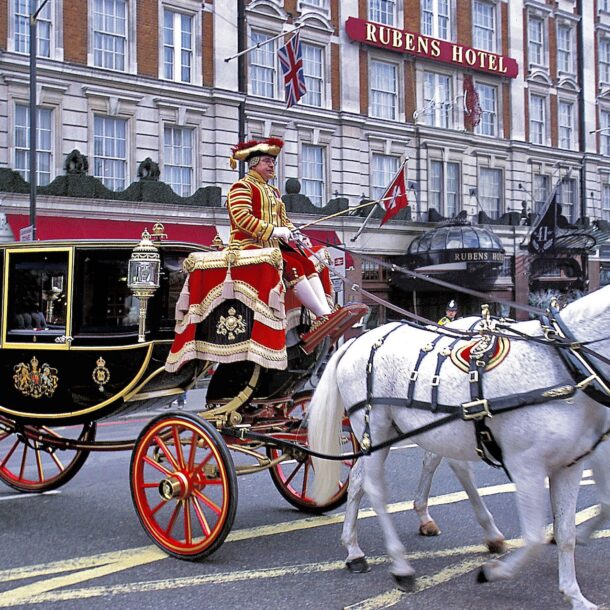

Close

A Bluestocking’s Refuge: An Early Feminist’s Salons at the Royal Crescent
“I never invite idiots to my house,” quipped Elizabeth Montagu. She invited only the brightest minds to the intellectual salons she hosted at the Royal Crescent in Bath. Montagu was the wealthiest and most influential member of the Blue Stockings Society. She and her friends were a set of women who wrote, argued over literature, and advocated for female education at a time when a well-read woman was unbecoming. They only accepted men who could keep up with their intellects into their circle.
Before she became Queen of the Blues, Montagu was born into a wealthy family in 1718. She had a rigorous classical education, a claim that few women in her time could claim. She learned Latin, Greek, and French. She could discuss anything from ancient philosophy to the movement of the stars with ease. She resented that she had to marry at all, but she thought that the least deplorable marriage was a financial arrangement with some amiable companionship. At 22, she married Edward Montagu, a coal baron 28 years her senior. Through her marriage, she made sure that she would always live in the most magnificent luxury and pursue her intellectual interests.
In 1779, she bought the large, central townhouse in the Royal Crescent in Bath as a refuge from London society. The palatial row of townhomes boasted the most fashionable addresses in Bath. Montagu admired the neoclassical architecture that embodied both her ancient ideals and the height of good taste in the 18th century. The gendered norms of 18th-century society were so pervasive that they were built into her own home. The men were supposed to smoke and talk politics after dinner in the dining room, while women removed themselves to the drawing room. But at Montagu’s house, men and women moved freely through the elegant rooms decorated in the simple yet sumptuous classical style.
Her house was a temple to friendship. Brilliant minds came together to discuss the new political ideas of the Enlightenment and the latest literary innovations. She forbade both drinking and smoking, but her salons were not dull, serious affairs. Her wit sparkled as brightly as the diamonds that hung from her neck. Her friends described how her expression moved with her strongly felt ideas and her words spilled out fast and shining.
Montagu’s money set her apart from the struggling women artists and writers she sponsored. She wrote well; after all, her book in defense of Shakespeare made her famous. Yet she understood that her great gift was collecting talent rather than producing works of genius. At her townhouse in the Royal Crescent, she gathered the brightest minds of her day around her. “It is more to my personal happiness and advantage to indulge the love and admiration of excellence than to cherish a secret envy of it,” she wrote to one of her many close friends. Montagu befriended the satirical novelist Fanny Burney, the religious writer Hannah More, and other feminist thinkers. She gave them the recognition and financial security that they struggled to find in a society that rebuffed women intellectuals.